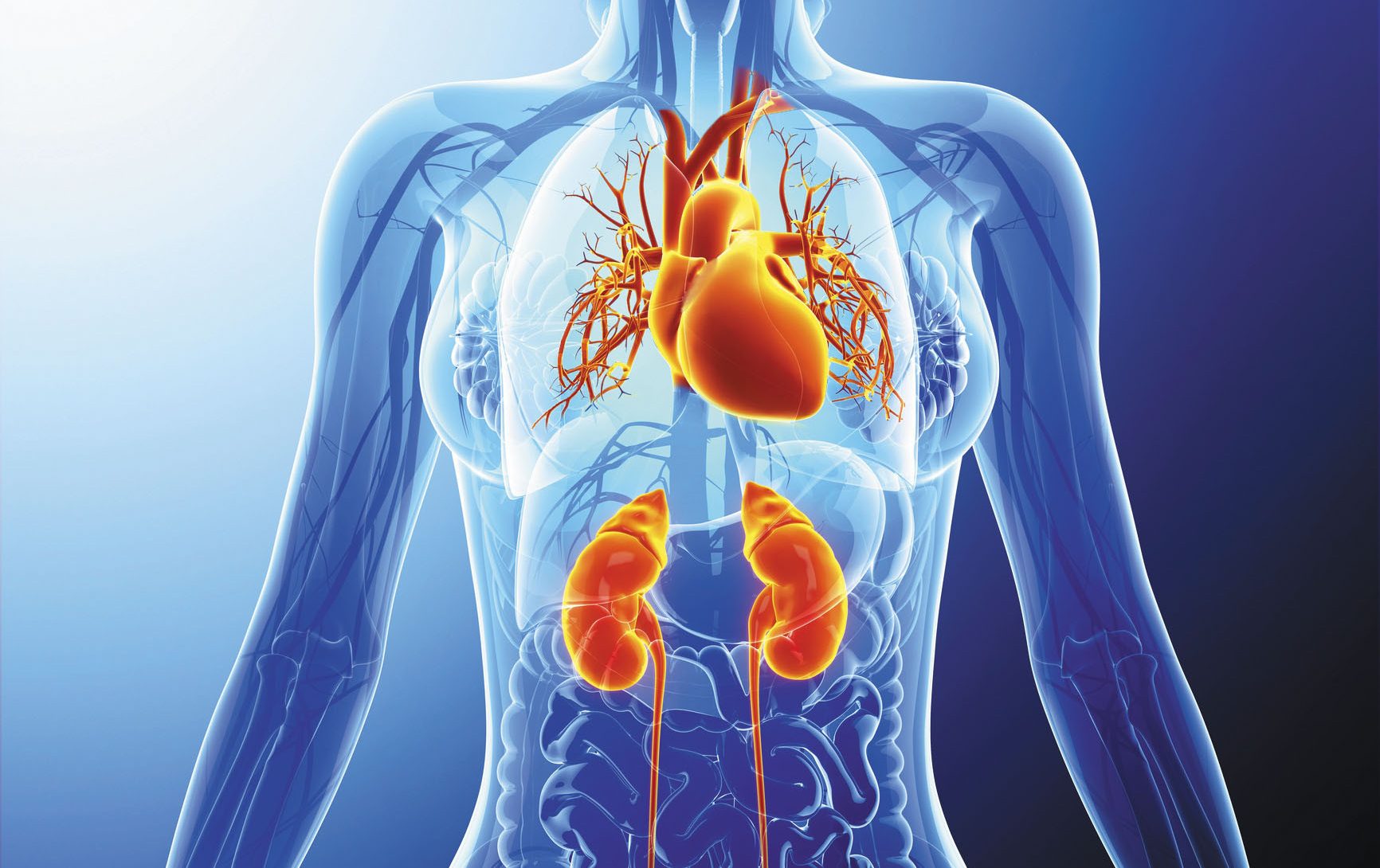
The kidneys sit quietly, tucked near the spine. One on each side. Small, but always working. They don’t pulse like the heart. Don’t expand like the lungs. But every moment, they filter your blood. Every minute, they clean what the rest of the body leaves behind.
They don’t ask for much. Just hydration. Just blood flow. Yet they process nearly 50 gallons of blood a day. They pull out waste. Excess fluids. Toxins you don’t think about. They keep what matters. Remove what doesn’t. Silently. Relentlessly.
You don’t notice their absence—until they start to struggle.
Filtering blood is only the beginning
Yes, they filter. But they also balance. Sodium. Potassium. Calcium. They manage pH. Keep your blood from turning too acidic or too alkaline. They adjust water levels. They respond to what you drink, what you eat, what you sweat.
They don’t just react. They regulate. They decide what leaves through urine, and what stays. When they work well, your body stays balanced without effort. When they don’t, everything shifts—even things that seem unrelated.
Kidneys are your body’s backstage crew. Always working. Never applauding themselves.
They’re part of your blood pressure, too
Inside the kidneys are sensors. They monitor blood volume. Blood concentration. If pressure drops, they react. Release hormones. Constrict vessels. Signal for more water to be held.
The renin-angiotensin system begins there. It’s how your body avoids low pressure. How it maintains flow to vital organs. Without the kidneys, regulation fails. Pressure spikes. Or crashes. And both bring risk.
High blood pressure often begins with—or worsens because of—damaged kidneys. The cycle feeds itself.
Red blood cells depend on kidney signals
When oxygen is low, kidneys sense it first. They release erythropoietin. A hormone. It travels to the bone marrow. Tells it to make more red blood cells. Without this, you grow anemic. Weak. Tired without reason.
Kidney disease often leads to low red cell counts. Not because of iron, but because the signal to produce has faded. You can’t fix it with food alone. Because it’s not about nutrients. It’s about messengers.
Bones are affected, too—even if they never ache
The kidneys activate vitamin D. Without them, your body can’t absorb calcium properly. Phosphorus builds up. Bones weaken over time. The damage is slow. Invisible. Until one day, it’s not.
That’s why people with kidney disease monitor mineral levels. Bone health starts in the kidneys, long before you feel pain. What seems like a back issue may be a kidney one.
Balance again—always the hidden role.
Waste doesn’t just disappear on its own
Ammonia. Urea. Creatinine. Medications. These don’t vanish. They pass through the kidneys. And from there, into urine. It’s a daily detox—one that doesn’t need a special drink or supplement. Just functioning kidneys.
When they fail, waste backs up. The skin itches. The brain slows. The appetite fades. It’s not immediate. But it’s steady. Your body needs a way out. The kidneys are that way.
They protect the heart quietly, in the background
When kidneys work well, the heart works less. They keep blood pressure down. Keep volume stable. Prevent swelling. Remove what stresses the vessels. But when kidneys struggle, the heart carries the weight. Literally.
Fluid builds up. Pressure rises. The heart pumps harder. Eventually, it weakens. That’s why heart disease and kidney disease often arrive together. One follows the other.
Healthy kidneys mean a protected heart—even if no one talks about it that way.
Even your nerves rely on kidney balance
Sodium and potassium aren’t just numbers on a chart. They create signals. For muscles. For nerves. For the brain. When kidneys can’t balance them, those signals misfire. Cramps. Confusion. Irregular heartbeats. All can begin in the kidneys.
You don’t need to feel kidney pain to have kidney problems. Often, there’s no pain at all. Just imbalance. Misfired signals. A system slightly off, but enough to notice if you’re looking.
Urine tells the story—if you’re paying attention
Color. Frequency. Smell. Foam. These aren’t just random traits. They reflect what your kidneys are doing. Dark means dehydration. Bubbles may mean protein loss. Frequent urination might show high blood sugar. Or pressure. Or early decline.
The bathroom is where kidney signs first appear. But only if you’re paying attention. The kidneys speak softly. But they do speak.
Their quiet work keeps everything in rhythm
You don’t feel them. You don’t hear them. But their absence is loud. Their decline shifts the whole system. The kidneys don’t control everything. But they touch almost everything. And when they’re cared for, the whole body moves more easily.
They’re not organs of crisis. They’re organs of control. Subtle. Central. And too often forgotten—until it’s too late.
